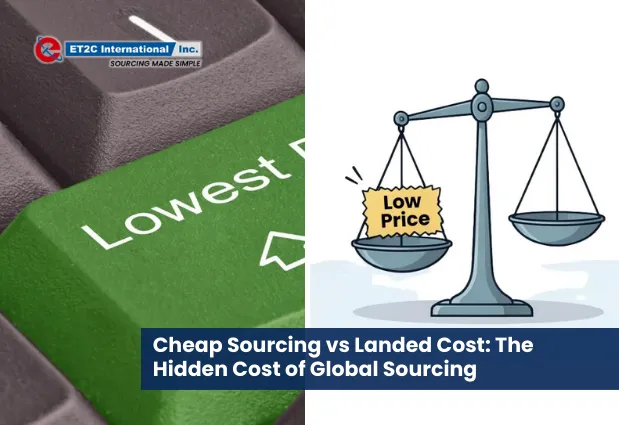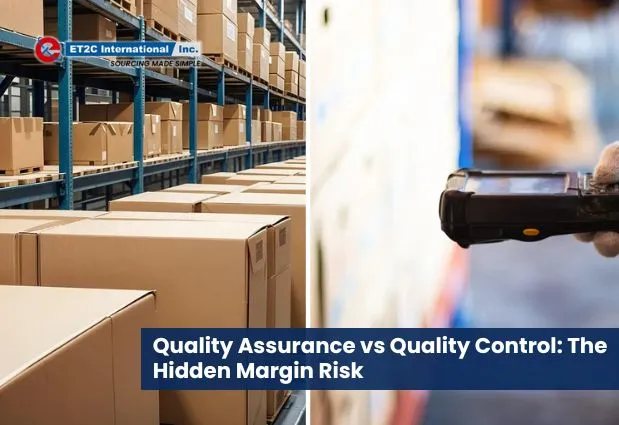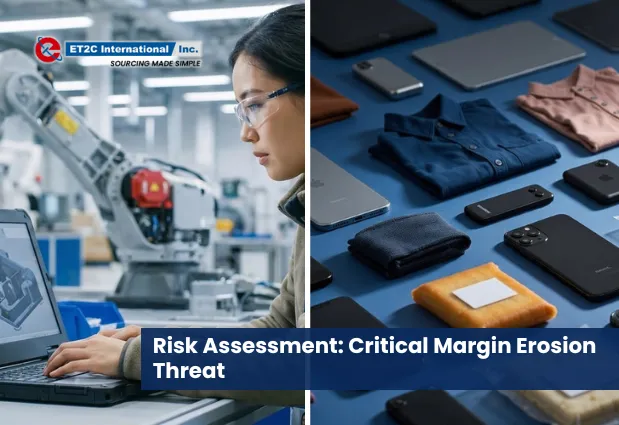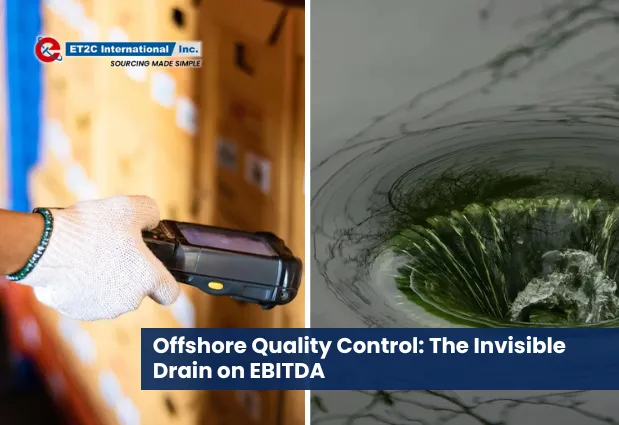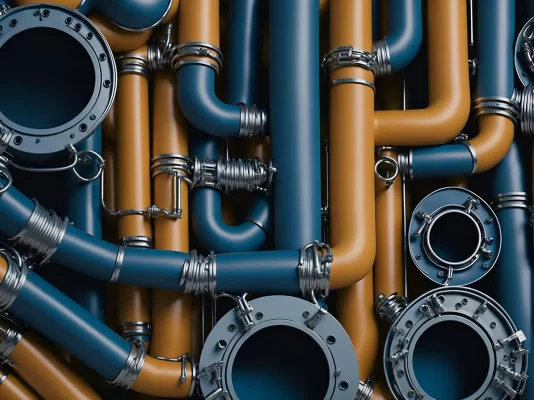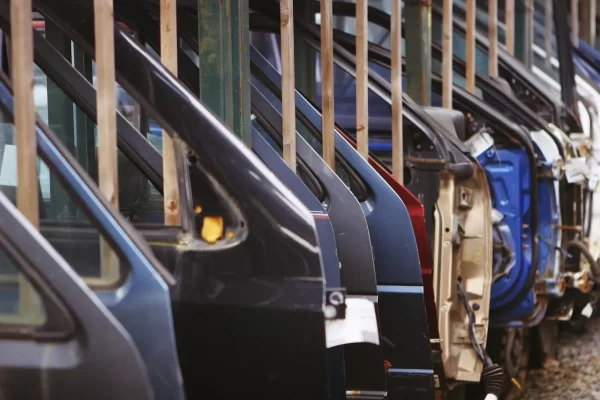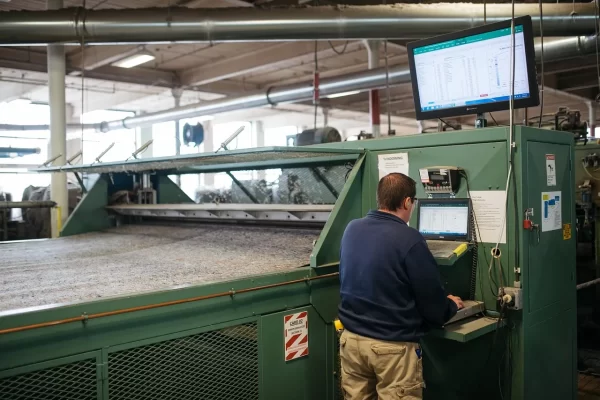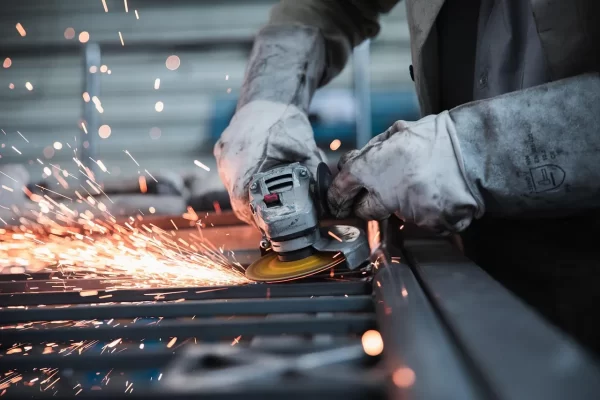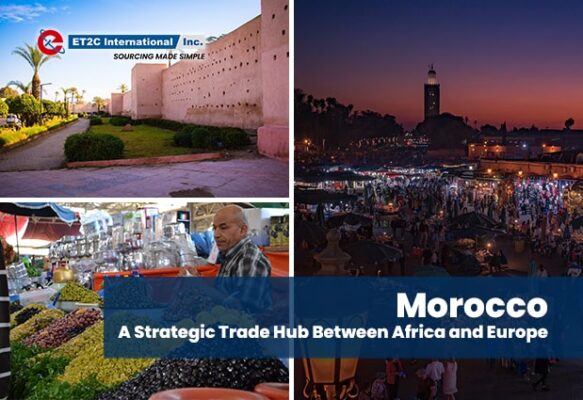
Morocco is a great sourcing destination for several reasons, including its strategic location, its skilled workforce, and its free trade agreements with Europe and the United States. The country also offers several other advantages, such as its low-cost labour and its business-friendly environment.
Background
The Kingdom of Morocco is in the Maghreb region of North Africa bordered by both the Mediterranean Sea and Atlantic Ocean, directly facing Spain across the straits of Gibraltar. A population of over 37million it is the only Monarchy in North Africa.
Morocco’s economy has grown steadily over the past 5 years, averaging 4% annual growth. This growth has been driven by several main export products and services:
- Tourism: Morocco is a popular tourist destination, and tourism has been a major driver of economic growth. In 2021, Morocco received over 13 million tourists, generating $8.6 billion in revenue.
- Foreign direct investment: Morocco has attracted significant foreign direct investment (FDI) in recent years. In 2021, FDI inflows to Morocco totalled $2.3 billion. This FDI has helped to finance new projects in a variety of sectors, including manufacturing, tourism, and infrastructure.
- Exports: Morocco’s exports have also grown steadily in recent years. In 2021, Morocco’s exports totalled $27.5 billion. This growth has been driven by strong demand for Moroccan goods in Europe and the United States.
- Domestic demand: Moroccan consumers have had more disposable income, which has led to increased spending on goods and services.
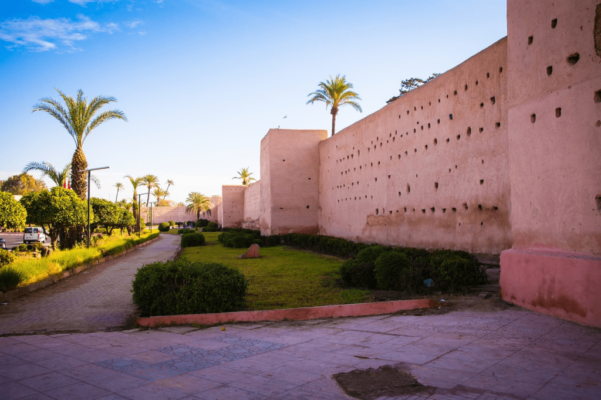
ET2C International
We are a leading Global Sourcing company with over twenty years’ experience working with our clients. Our team of 250 colleagues are based in seven offices in key sourcing markets across Asia.
We work with our clients to make their global sourcing simple, becoming their bridge to their supply partners. Where time zones, language, business communication expectations or QC can become challenging.
Our team of experts can help you build and deliver your sourcing strategy and ensure you are working with the right factory partners. Giving you independent feet on the ground and confidence with fast responses, removing time zone and language challenges. If you would like to explore sourcing opportunities within Morroco or to discuss your future supply chain challenges. Please contact@et2cint.com
Government support for business
The Moroccan government has implemented several reforms to improve the business environment and invested in infrastructure projects and educational reform. Morocco export products are vitally important to economic growth. The reforms and investments made so far to support major exports are proving successful. As a result, Morocco’s economy is expected to continue to grow in the coming years. The IMF projects that Morocco’s economy will grow by 3.5% in 2023 and 4.5% in 2024. Morocco’s economic growth strategy is focused on four main pillars:
- Investment in infrastructure: Morocco has invested heavily in infrastructure in recent years, including roads, railways, ports, and airports. This has helped to improve the country’s connectivity and make it more attractive to foreign investors.
- Diversification of the economy: Morocco is diversifying its economy away from traditional sectors such as agriculture and tourism. The government is promoting the development of new sectors such as manufacturing, IT, and renewable energy.
- Human capital development: Morocco is investing in human capital development by improving the quality of education and training. This is helping to create a more skilled workforce, which is essential for attracting foreign investment and promoting economic growth.
- Regional integration: Morocco is a member of the African Union and the Arab Maghreb Union. The government is promoting regional integration to create a larger market for Moroccan goods and services.
These four pillars are essential for Morocco’s economic growth strategy. By investing in infrastructure, diversifying the economy, developing human capital, and promoting regional integration, Morocco is well-positioned to achieve sustainable economic growth in the years to come.
Export diversification building on Agricultural heritage
The diversification of the economy is supporting Morocco’s main export products. Morocco’s focus on expanding its export business has seen the development of manufacturing industry alongside Agriculture as part of Plan Maroc Vert. Morocco’s economic growth strategy has several core elements :
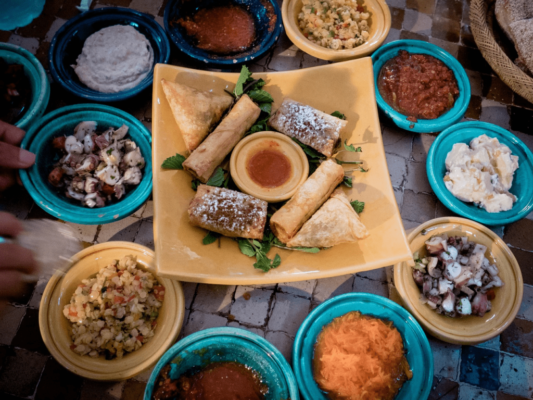
- The Plan Maroc Vert(Green Morocco Plan): This plan is aimed at modernizing Morocco’s agricultural sector and making it more competitive.
- The Tanger Med Special Economic Zone: This zone is designed to attract foreign investment and promote the development of manufacturing and logistics industries.
- The Mohammed VI Polytechnic University: This university is being built to train the skilled workforce that Morocco needs to achieve its economic growth goals.
- Investment in transport infrastructure: As a key enabler to economic growth Morocco has invested in a wide range of infrastructure projects.
- The construction of a new high-speed rail line between Tangier and Casablanca. This line is scheduled to be completed in 2023 and will cut the travel time between the two cities from four hours to two hours.
- The expansion of the port of Tanger Med. Tanger Med is Morocco’s largest port and is one of the busiest ports in Africa. The expansion project will increase the port’s capacity by 70%.
- The construction of a new highway between Casablanca and Rabat. This highway is scheduled to be completed in 2022 and will reduce the travel time between the two cities from two hours to one hour.
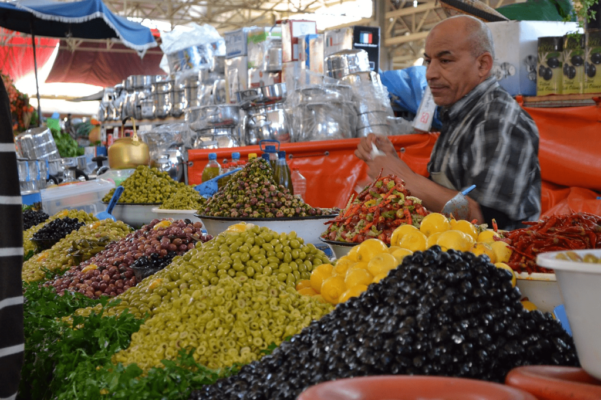
These investments are expected to boost trade between Morocco and Europe and make Morocco a more attractive destination for foreign investment.
Major Investors in Moroccan Infrastructure
China has become a major investor in Morocco due to its strategic position and free trade agreements with both Europe and United States. Chinese investment has encompassed a range of strategic initiatives.
- Tangier-Med II port:This is a new deep-water port located in Tangier. It is the largest port in Morocco and one of the largest in Africa. The port was built by a Chinese company, China Harbor Engineering Company (CHEC), and was financed by the China Development Bank.
- Noor Ouarzazate solar power plant: This is a large solar power plant located in Ouarzazate. It is the largest solar power plant in Africa and one of the largest in the world. The plant was built by a consortium of Chinese and Moroccan companies and was financed by the Export-Import Bank of China.
- Casablanca-Rabat high-speed rail line: This is a new high-speed rail line that connects Casablanca and Rabat. The line is 186 kilometers long and was built by a consortium of Chinese and Moroccan companies. The line was financed by the China Development Bank.
- Kenitra Atlantic port:This is a new port located in Kenitra. The port is being built by a Chinese company, China Communications Construction Company (CCCC), and is financed by the China Development Bank.
Moroccon Main Export Markets
Morocco benefits from a strong strategic location for Global Sourcing. It has access to a skilled and cost effective labour force. Free trade agreements with USA and Europe make it an ideal country to use as a sourcing destination. Key export product categories are
Agriculture
Morocco is known for exporting products such as citrus fruits, vegetables, olives, and fish. This diversity of produce allows them to fulfil internal consumption and have enough left over for export. It enjoys a Mediterranean climate, characterized by mild, wet winters and hot, dry summers. This climate, along with a network of rivers and groundwater reserves, facilitates irrigation and agricultural production. Additionally, the country has made substantial investments in water management and irrigation systems, enhancing agricultural productivity.
Textiles
The textile industry in Morocco has a long history which has developed a highly skilled and low labour cost. Close proximity to Europe and Free Trade agreements make Morocco a major exporter of textiles to the world.
Machinery
The Moroccan government has focused on diversifying its major exports to include engineering and machinery. It has established several industrial parks that specialize in the production of machinery. These parks offer businesses several advantages, such as access to infrastructure, skilled labour, and tax breaks.
The Moroccan government has also provided financial assistance to machinery businesses, such as loans and grants.
Doing business in Morocco
The government is business friendly making it easy to operate a business in Morroco. The significant infrastructure investment is also a crucial enabler to making business simpler.
However, it’s important to note that sourcing from Morocco can also come with challenges. Language barriers, cultural differences, intellectual property protection, and ensuring supply chain transparency are factors that require careful consideration and management.

